This section reports on the vision and direction of efforts of the global motorcycle industry to contribute to reducing the environmental impact of transport and mobility in general and powered-two-wheelers in particular. This involves harmonisation of vehicle and test requirements addressing gaseous emissions, durability of vehicle performance, vehicle sound aspects, measuring CO2 emissions in view of supporting global climate targets specified under the UN Sustainable Development Goals (SDGs) and associated strategies.
When considering climate aspects, it should be remembered that the transport industry is a primary subject of environmental policies. Greenhouse gas emissions from road transport activities account for 11.9% of total global emissions. This number remains below the rate of emissions from energy use in buildings (17.5%), industry (24.2%), and agriculture (18.4%).
IMMA is actively engaged on the following fronts:
“In many ways, the benefits of motorcycles are often the ‘elephant in the room’, as their light weight, flexibility, affordability and low energy use are unknown or forgotten by decision makers in mobility. Its is imperative for us industry to work together and communicate on the advantages that our vehicles provide.“
– Mr. Eric de Seynes, IMMA President 2023-2025
IMMA’s engagement towards UN WP.29 GRPE to advance and harmonise environmental requirements.
For this purpose, the UN Economic Commission for Europe (UNECE) World Forum for Harmonisation of Vehicle Regulations (WP.29) established an informal working group (IWG) specifically dedicated to environmental and propulsion performance requirements (EPPR) for L-category vehicles. This group has been updating and developing a number of both Global Technical Regulations and UN Regulations addressing, among others, the following themes:
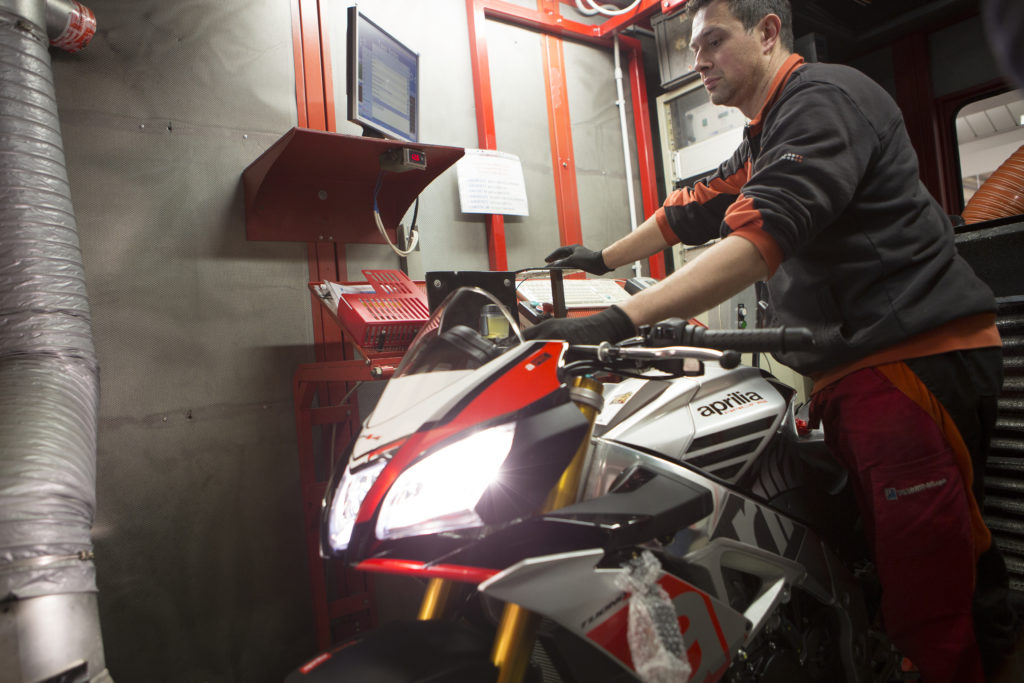
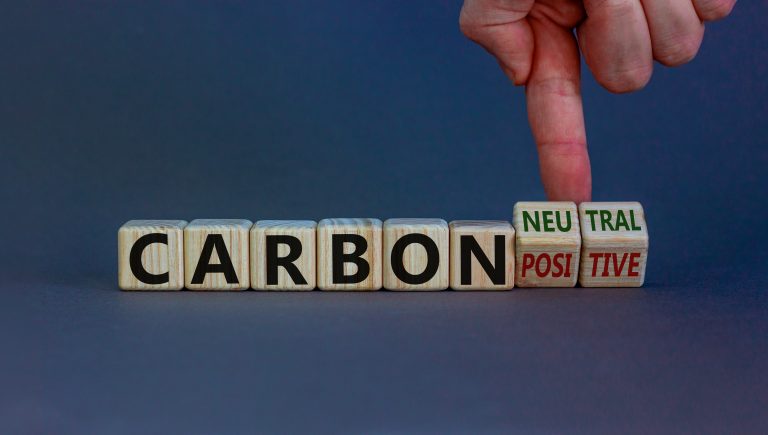
Need for technology neutral requirements
Both under the Informal Working Group (IWG) EPPR and in context of other policy discussions, IMMA invites policy makers to take a technology-neutral approach towards vehicle requirements and decarbonization. By avoiding favouritism towards a specific technology, performance requirements specified in the regulations have the potential to offset environmental impact while simultaneously allowing the transport industry as a whole to progressively develop valuable and beneficial innovations for society. Imposing specific technologies and solutions means limiting consumer choice and therefore creating a true constraint on solutions, innovation, and business opportunities. Lock-in towards battery-electric vehicles should be avoided through defining progressive policies combined with performance-based requirements.
R&D into new fuels and new technologies
Fuel type and engine efficiency have a significant impact on the environment. The most common fuels used vary in the regions due to their different resource availability, distribution infrastructure, as well as the economic and political landscape. Ethanol blended fuels are the norm in some parts of the world and the number of countries with blended fuels continues to increase. Some markets are also adopting fuels with higher ethanol blends, such as Brazil. In light of this trend, Flex-Fuel engines cater for the necessary vehicle modifications. The environmental benefits of alternative fuels are progressively recognized. Pure ethanol and ethanol blends can be alternatives to traditional gasoline with less emissions of CO2 and particulates inherent to gasoline combustion. Blending with ethanol also increases the octane content of the fuel, enabling a gradual move away from fossil fuel dependency. IMMA recognizes the diversity of fuels across regions and the resulting importance of fuel harmonisation. While fuel innovation is fundamental, emission testing of new vehicles with specific test fuels should be as aligned as possible with market fuels.
In recent years, UN Regulations specifying safety performance requirements for electric and fuel cell vehicles were crafted and adopted. When new technologies are introduced, safety performance cannot be compromised.
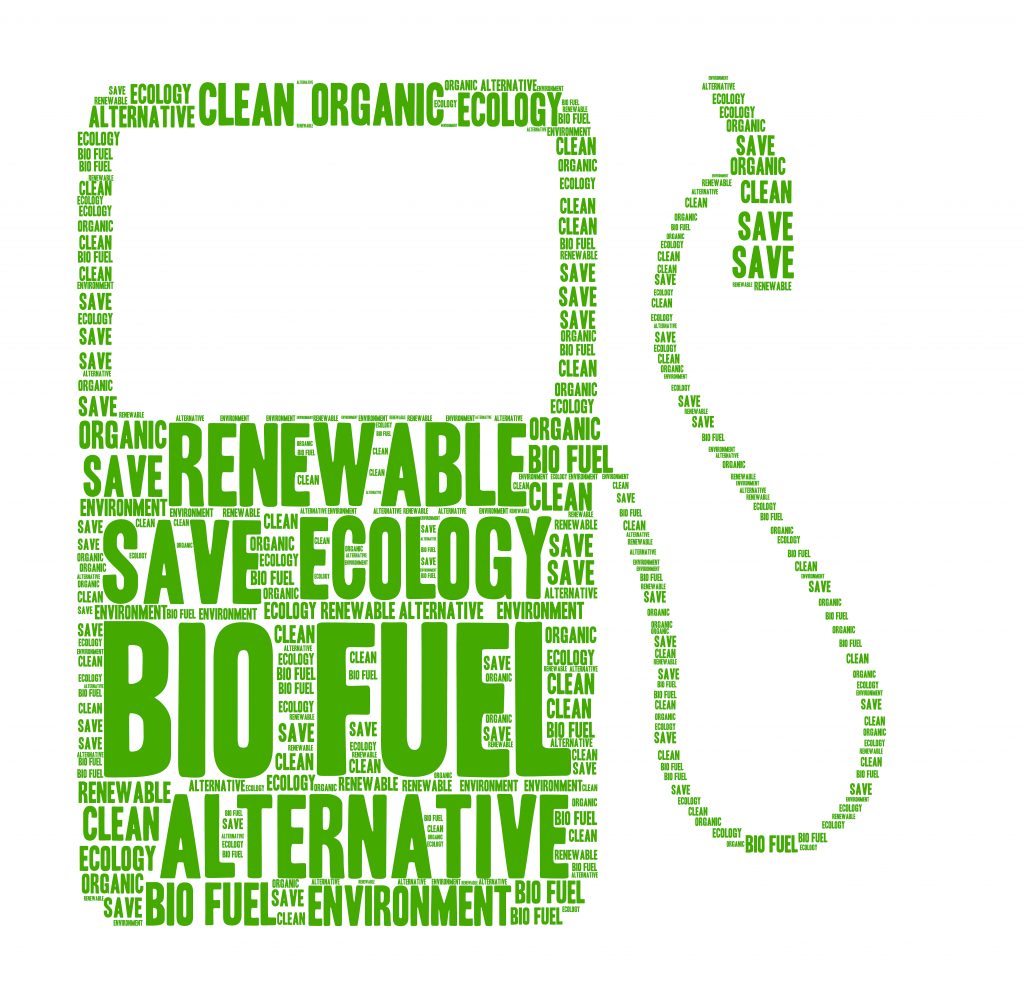
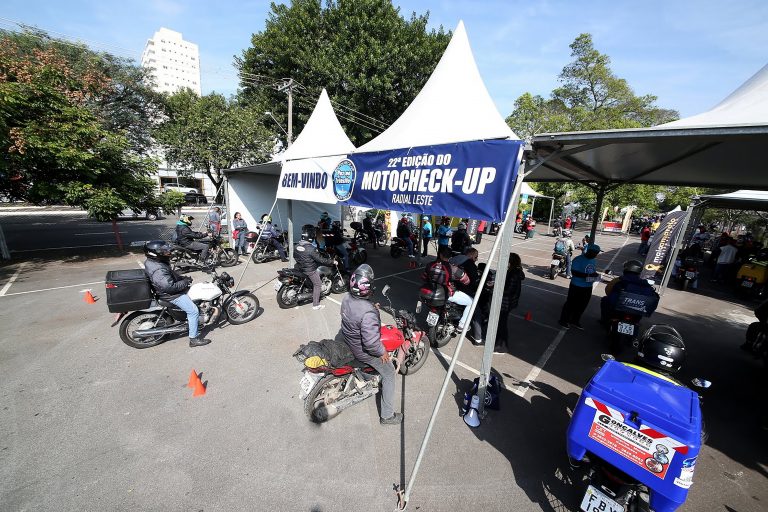
Periodic Technical Inspections and Maintenance
Regular maintenance and repair are also pivotal to ensure that PTWs function properly and comply with stringent safety and environmental regulations. For this end, on-board diagnostics (OBD) systems and monitoring are a powerful ally. By informing users of vehicle malfunctions, OBD facilitates both preventive and corrective actions. Through a technology neutral approach, innovations in OBD are taking place, including more accurate detection of failures and an improved cost-benefit ratio. Periodic technical inspections are highly subject to regional differences in infrastructure, legislation, and local concerns with noise, emissions, and safety. Roadside and periodic roadworthiness check-ups are also becoming increasingly recognized as a highly effective measure to control pollutant emissions.
Sustainable Urban Mobility
The environmental role of PTWs in crowded and polluted urban centres should not be forgotten, especially when compared to other more polluting vehicle modes. The efficient and reduced footprint and relatively low emissions of PTWs can offer great advantages. PTWs also reduce traffic congestion through a more efficient use of road space. They should therefore be positioned as a sustainable transport mode and their use should be encouraged through local promoting policy measures.
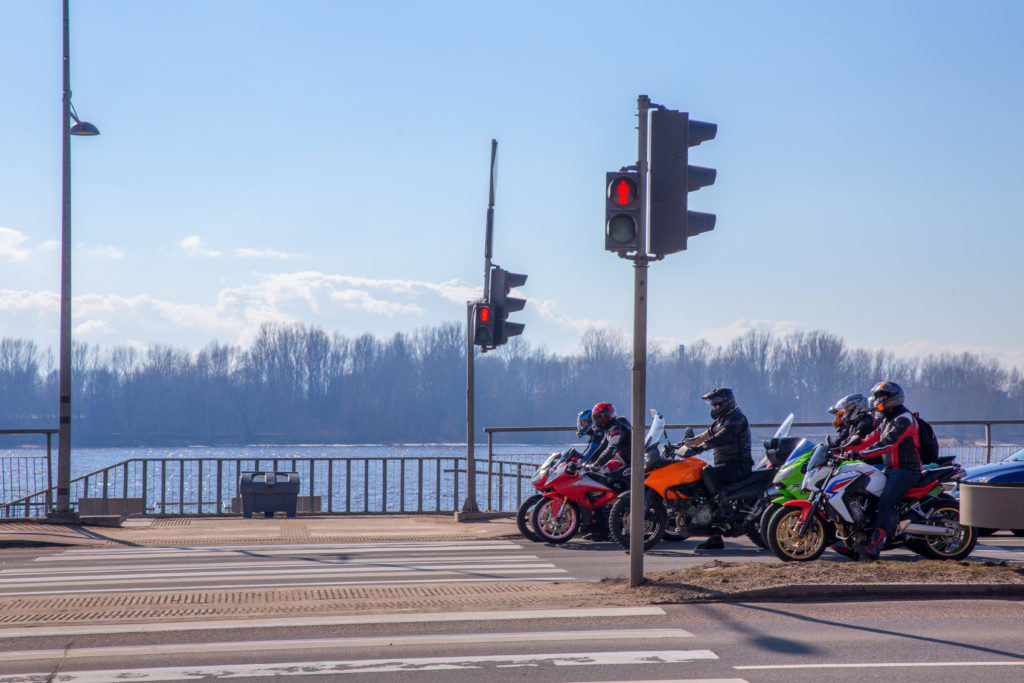
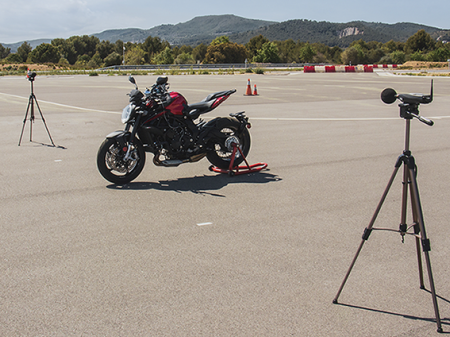
Vehicle Sound and Noise
Both directly and indirectly, vehicle sound is highly influenced by the riders’ behaviour. This includes both riding style and equipping vehicles with aftermarket equipment. One of the main challenges is therefore finding effective measures against illegal exhaust systems. In Europe, about 35% of motorcycles and 65% of mopeds are equipped with illegal exhaust systems. When it comes to driving style, research shows that a sports motorcycle with an illegal exhaust system ridden in an aggressive way is up to eight times (+30 dB(A)) as loud as, a standard version ridden normally. The most viable solution is thus educating riders in adopting a more environmentally sustainable behaviour, such as avoiding excessive acceleration. The sound produced by PTWs under normal traffic conditions is essentially identical to that produced by passenger cars and much lower than that produced by heavy trucks.
© 2024, WWW.IMMAMOTORCYCLES.ORG